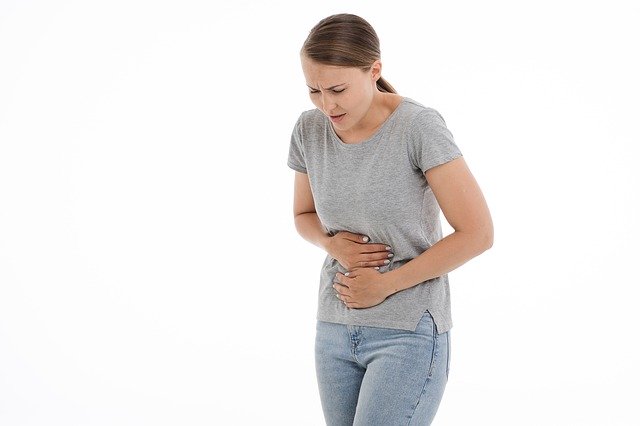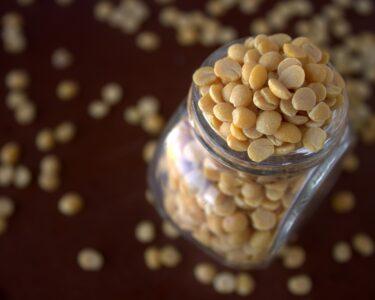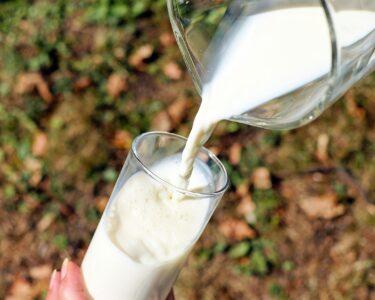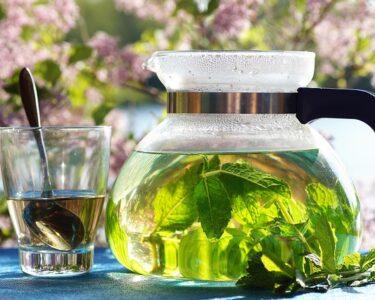Living with Irritable Bowel Syndrome (IBS) can be very frustrating and irritating in day to day life. Modifying the regular diet and the awkwardness in explaining your symptoms to others while having team lunch or home get-togethers makes it even more difficult. No one will understand most of the time about it unless they are also sailing on the same boat. If you are someone dealing with IBS do not worry, bring certain modifications in your lifestyle to get relief from IBS and its symptoms. In nearly all cases of IBS, Diet plays a huge role. This article will give you a general overview of IBS.
What is IBS?
Irritable Bowel Syndrome (IBS) is a group of symptoms – including lower abdominal pain, and changes in the pattern of bowel movement(Constipation or Diarrhea) without any evidence of underlying damage.
Irritable Bowel Syndrome (IBS) is one of the most common chronic disorders of the digestive system.IBS is a group of intestinal disorder Symptoms that occur together. Such Symptoms may occur over a long time, even years. The symptoms vary in severity and duration from person to person.
Irritable Bowel Syndrome (IBS) is usually classified under four categories :
- When diarrhea is common (IBS -D)
- When constipation is common (IBS -C)
- Both are common (IBS-M)
- Neither of them occurs often (IBS-U)
Irritable bowel syndrome can negatively affect your quality of life which may result in interruptions in regular day to day life or work life. Related disorders commonly found are depression, anxiety, or chronic fatigue syndrome. (1) (2)

What are the symptoms of IBS?
- Pain and Cramps in the stomach, that may be relieved by releasing stool.
- A noticeable change in the pattern of your bowel movements, such as diarrhea, constipation, or in some cases both.
- Frequently experiencing the urge to go to the toilet.
- Bloating or swelling of your stomach
- Excessive accumulation of Gas.
- Mucous in the stool.
- An uncomfortable feeling of not having your bowels completely emptied after coming from the toilet. (3) (4) (5) (6) (7) (8) (9) (10)
Additional Symptoms:
Along with the symptoms stated above few people may experience the additional symptoms which include:
- Lethargy at work.
- Backache
- Falling sick all the time.
- Problems in the bladder, such as waking at the midnight to urinate, experiencing an urgent need for urination, finding difficulties in urinating completely.
- Experiencing pain during sex.
- Loss of bladder control. (11) (12) (13) (14) (15)
Serious Symptoms
If the condition is left untreated, it may exhibit more severe symptoms similar to colon cancer.Under such circumstances, one should get tested for colon cancer. Serious Symptoms of IBS include:
- Frequent Diarrhea
- Weight Loss.
- Rectal Bleeding.
- Difficulty Swallowing.
- Iron deficiency anemia.
- Excessive Vomiting.
- Persistent pain while gas or bowel movement. (16) (17)
Difference between IBS – C & Chronic Constipation
IBS – C is mostly confused with chronic constipation. Let us see the similarities and differences :(18)
| SIMILARITIES (Symptoms common in both IBC-C & Chronic constipation) | DIFFERENCES (Some Symptoms of IBS-C usually don’t happen in chronic constipation alone) |
| Great effort is need to pass the bowel | Often have stomach ache and discomfort that goes away after passing bowel. |
| Lumpy and Hard Stools are passed | Loose and watery stools in between bouts of constipation |
| It is felt that something is blocking the bowel movement | Have Nausea |
| It feels that stool is not completely passed in washroom | |
| Deal with Gas and Bloating |
Difference between IBS & IBD
Despite having similar acronyms and symptoms both are different. (19)
| IBS | IBD |
| Full form – Irritable Bowel Syndrome | Full form – Irritable Bowel Disease |
| Disorder of Lower Gastro Intestinal Tract | Inflammation and Destruction of the bowel wall |
| Affects Large intestine, small intestine and Colon | Sores and Narrowing of the intestines. |
| Symptoms – Constipation, Diarrhea ,Lower abdominal pain, Gassy and Bloated | Broad Spectrum of disease, most common Crohn’s disease and Ulcerative Colitis.
Symptoms – Abdominal Cramps, Diarrhea, Blocked Bowel, Loss of body fluids and appetite, Fever and Anemia,Eye Inflammation,Rectal Bleeding. |
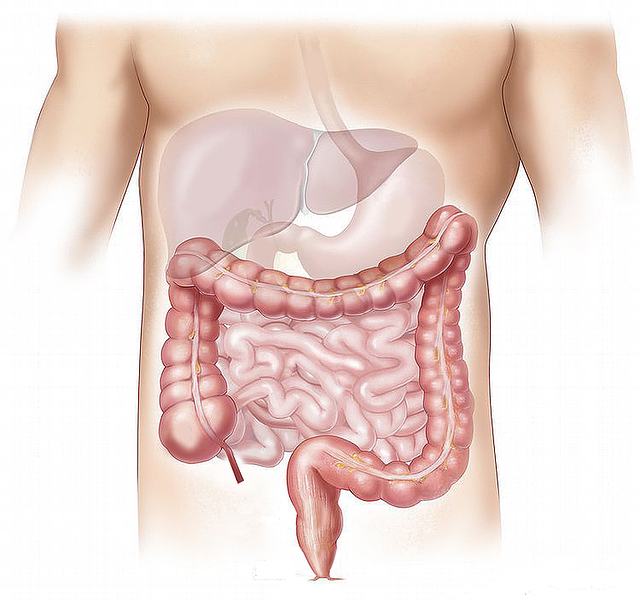
What Causes IBS?
Unfortunately, what causes IBS is still not clear, but few factors are suspected to cause IBS. Research is going on for the same.
Muscle Contractions in the Intestines
IBS could be linked with your digestive organs, specifically the ones that help move food through the system. As the food you eat passes through the GI tract, these muscles contract to push it through. When these contractions are slower and weaker or Faster and longer than what is considered to be normal, IBS symptoms occur. Strong contractions cause bloating, gas, and diarrhea, and weaker ones cause constipation. (21)
Nervous system
Poorly coordinated signals between the brain and the intestines can cause your body to overreact to changes that normally occur in the digestive process, resulting in pain, constipation, and diarrhea. (22)
Inflammation in the Intestines
In the case of autoimmune diseases, too many immune cells may accumulate in intestines leading to inflammation of intestines. This immune system response is associated with pain due to diarrhea and Constipation. (23)
Severe Infections
IBS can be developed after a serious episode of Diarrhea (Gastroenteritis) caused by Bacteria or Viruses. Bacterial overgrowth ( Bad bacteria) is also associated with IBS.
Small Intestinal Bacterial Overgrowth (SIBO) is caused when bacteria leak into small intestines from the colon and rapidly multiply causing uncomfortable symptoms.
Research indicated the intestinal microflora of IBS patients is different from the intestinal microflora of healthy individuals. (24)

What triggers IBS?
Symptoms of IBS can be triggered by –
1.Food
People suffer worse IBS symptoms when they eat and drink certain food and beverages, including, wheat, dairy products, citrus fruits, beans, cabbage, milk, and carbonated drinks. This happens due to sensitivity towards certain food which causes discomfort after reacting with that food. (25)
2. Stress
Stress doesn’t cause the IBS symptoms but it aggravates the symptoms. Most people experience worse and frequent signs of IBS symptoms during the period of increased stress. (26)
3. Hormones
Women are more likely to have IBS than Men. Women find that the symptoms get worse during or around their menstrual time and during menopause. (27)
How IBS is diagnosed?
There are no specific tests for the diagnosis of irritable bowel disorder. The diagnosis for the condition is based on the symptoms of IBS. The doctor may recommend tests to rule out other conditions that exhibit symptoms similar to those of irritable bowel syndrome.
Blood tests, Stool tests, Lactose intolerance test, Endoscopy, Colonoscopy, and CT scan are some tests done to understand the severity of IBS and sensitivity towards certain foods.
What is the treatment for IBS?
There is no treatment for IBS. Medications are prescribed to relieve the symptoms related to IBS. Usually, fiber supplements, antispasmodic, laxatives, and anti-diarrhea medicines are prescribed. Certain home remedies and lifestyle changes are explained to overcome IBS. (28)
Lifestyle Changes for IBS Patients
| INCLUDE | EXCLUDE |
| Probiotics in the regular diet | Identify the food which triggers IBS symptoms and eliminating them from the diet |
| Soluble Fiber rich food | Caffeine and other caffeinated beverages |
| Smaller Meals and eat at the same time daily. | Spicy and Deep fried foods |
| Good Hydration(3-4 liters) | Processed and Refined Carbohydrates |
| Stress Management ( Meditation, Indulging in hobbies and Talking with family/friend) | Junk and Fast Foods |
| Regular Physical Exercise – (1 hour/day) | Carbonated Beverages, Alcohol and Smoking |
| Chewing food slowly for proper digestion | Eating fruits immediately after meals |
| 1 hour gap between Meal and Sleep | Eating meals while watching Television or Reading |
| Good 7-8 hours of sleep | Skipping meals. |
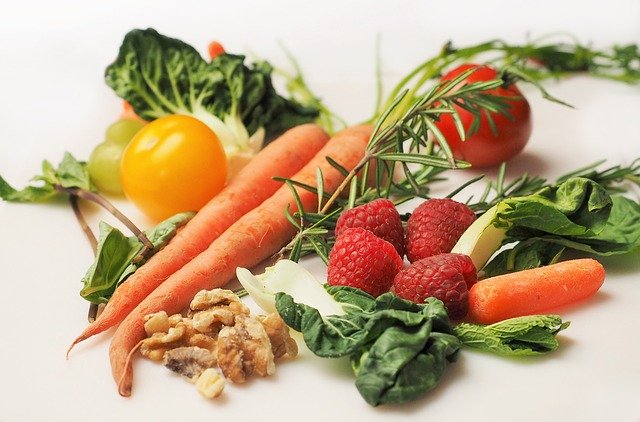
Dietary Guideline for IBS
It is a myth that Excessive restrictions are necessary and forever in IBS, but, the fact is Initially dietary restrictions may be necessary and once the patient comes back to ‘normal’ slowly more foods can be added depending on the tolerance of food. Food never causes IBS but it can trigger the symptoms of IBS. It is advisable to consult a qualified dietitian and nutritionist to get a tailor-made diet according to the IBS symptoms. Consulting a certified dietitian will make your life simple and easy for meal planning. (29) (30)
| List of foods allowed in IBS | List of foods to avoid in IBS |
| White Rice, Oats, Broken wheat, Quinoa, Sorghum Millet (flour) and Ragi Millet (flour), Rice Flakes. | Wheat, Corn,Maida, Pearl Millet. |
| Ridge Gourd, Bottle Gourd, Potato,Sweet Potato, Spinach, split lentils like Toor Dal and Moong dal,Eggs and Fish, Nuts like Almonds and Walnuts | Red Meat, Cauliflower, Capsicum, Cabbage, Mushrooms, Rajma, Chole and other dried legumes, Nuts like Pistachios. |
| All seasonal Fruits (Wash them thoroughly before consuming) | Processed and Refined Carbohydrates, Deep fried and spicy foods, Pickles,Junk and Fast Foods |
| Soya milk and Ghee ( 2 teaspoon/day) | High Fat Milk and their products, Butter and Cheese |
| 3-4 liters of Water | Fizzy Carbonated Drinks |
| Coconut Water | Sorbitol containing foods like Chewing gum, flavoured drinks, sugar free Mint based mouth fresheners. |
| Flax seed Powder (1 tsp) with Buttermilk and Herbal Teas. | Caffeine and Caffeine containing beverages |
Take away message
Irritable bowel Syndrome (IBS) is one of the most common chronic digestive disorders diagnosed by physicians and gastroenterologists. Due to modern work and personal lifestyle IBS has become a soaring problem amongst the world population. Recent statistics show 10-15% of world population is suffering from IBS. Abdominal Cramps, Constipation, Diarrhea, Bloating, and gas are some of the common symptoms associated with IBS. Either of the symptom or combination of symptoms can be experienced in IBS. Apart from some over the counter medications to relieve the symptoms lifestyle change can help to overcome IBS. Regular exercise, Dietary changes, and Stress management can help in the management of IBS. If symptoms do not respond to OTC medications and lifestyle change, then doctors may give intensive treatment to cope up with IBS. Most of the people with IBS overcome it with a change in their lifestyle and diet.
Consult a qualified Dietitian or Nutritionist who can help to plan a diet for you according to your IBS symptoms.

